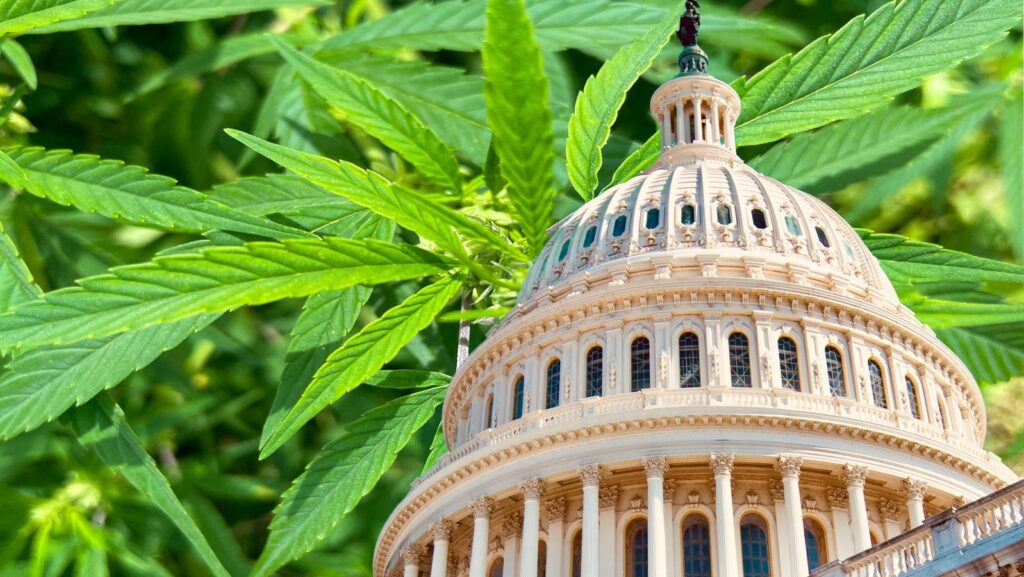Many of my articles discuss the so-called “Civil War” raging in the cannabis industry. I focus on this topic because the stakes are high, and because many do not seem to grasp the reality that hemp derived compounds are here to stay. The outcome of this conflict, which is currently playing out in Congress, state legislatures, and courts across the country, determines the future of how all cannabis will be distributed and sold in the US.
Will the cannabis market be controlled by a small group of publicly-traded, multi-billion dollar vertically-integrated marijuana companies (called Multi-State Operators (“MSOs”) due to their presence in multiple state marijuana markets)? Or will cannabis be produced and distributed by farmers and small businesses, currently represented by non-MSO businesses in state-based marijuana markets and, most prominently, by thousands of businesses in the hemp industry throughout the US? In a very real sense, this fight pits Wall Street against Main Street.
The most recent episode in the cannabis civil war was played out in the boardroom of the US Cannabis Counsel (“USCC”), a cannabis industry association. By way of background, the USCC’s website states that it is “the voice of America’s regulated cannabis industry.” Many people are aware that the USCC wrote a letter to Congress in May supporting the “Mary Miller Amendment” to the next Farm Bill, a controversial amendment that would kill the hemp industry. As reported by Chris Roberts in MJBizDaily, an industry publication:
“The U.S. Cannabis Council – members of which include many multistate marijuana operators – circulated a letter asking lawmakers to exclude from the new Farm Bill any hemp-derived product with “detectable quantities of total THC and any other intoxicant that can be derived from hemp including other forms of THC.”
Despite this strong anti-hemp language, several prominent hemp businesses, including Mood, Apotheca, Kight Law, and a 100-year-old bank with a nationwide hemp program, applied for seats on the USCC Board. While it may seem strange for these companies to seek to join an association that promotes policies that are antithetical to hemp, their objective was to reach across the aisle and take up the USCC’s stated mission to “end federal prohibition and create an equitable values-driven industry.” Given that federal prohibition has already ended with respect to cannabis that meets the definition of “hemp”, these companies believe the hemp industry should work collaboratively with the marijuana industry to end federal prohibition completely and to usher in a safe, fair, competitive, and robust cannabis market for all. This is especially true with the pending reclassification of marijuana to Schedule III, which will necessarily require a closed-loop medical system for sales and distribution.
In preliminary conversations with the USCC, the applicant companies were told that the USCC supports a “one-plant solution,” and the companies were encouraged to apply for Board seats. Hopeful, the hemp companies believed that by joining the USCC they would work directly with marijuana companies, including MSOs, to create and promote policies to unite the industry and ultimately create policies that would benefit the whole cannabis industry and its millions of American consumers.
In an unexpected turn of events, the USCC rejected all four hemp applicants, per industry stalwart, Rod Kite. Rod goes on to state that “according to sources within the USCC, a representative of one of the largest MSOs engaged in heavy politicking in the run-up to the vote and encouraged fellow MSOs to reject the hemp applicants to ‘preserve the voting block.’” In other words, the MSOs don’t want to risk Main Street having a chance to compete in a market with Wall Street.
H/T: www.forbes.com



